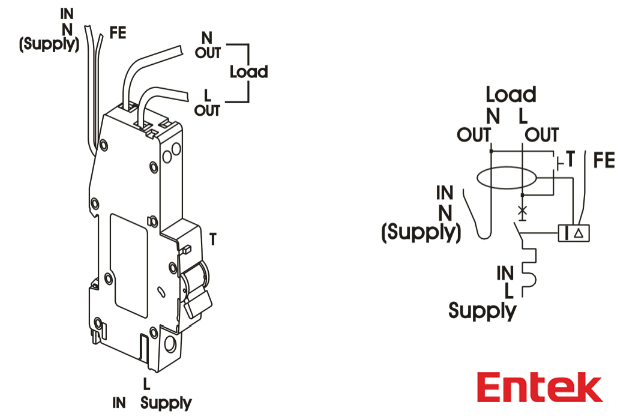augiedoggy
Well-Known Member
Doing some research and understanding is different than doing lol
Just out of curiosity, would plugging this into my dryer outlet work? It is either a 30A or 50A breaker. Probably not GFCI though.
YES many use an inline GFCI in the cord or use a spa panel actually wired to the cord between your panel and the outlet. the only drawback is there is no real neutral for running 120v stuff like pumps (Iuse 24v dc pumps in my build so its not an issue... theres a pic of how I have my spa panel in relationship to my brew panel in a spare room in my house... main breaker box is downstairs.. mine is 4 wire but I only use the three since everything runs on 220v or the 12 or 24V made from power supplies running on 220v..
https://www.homebrewtalk.com/f170/facelift-my-control-panel-497593/index2.html






